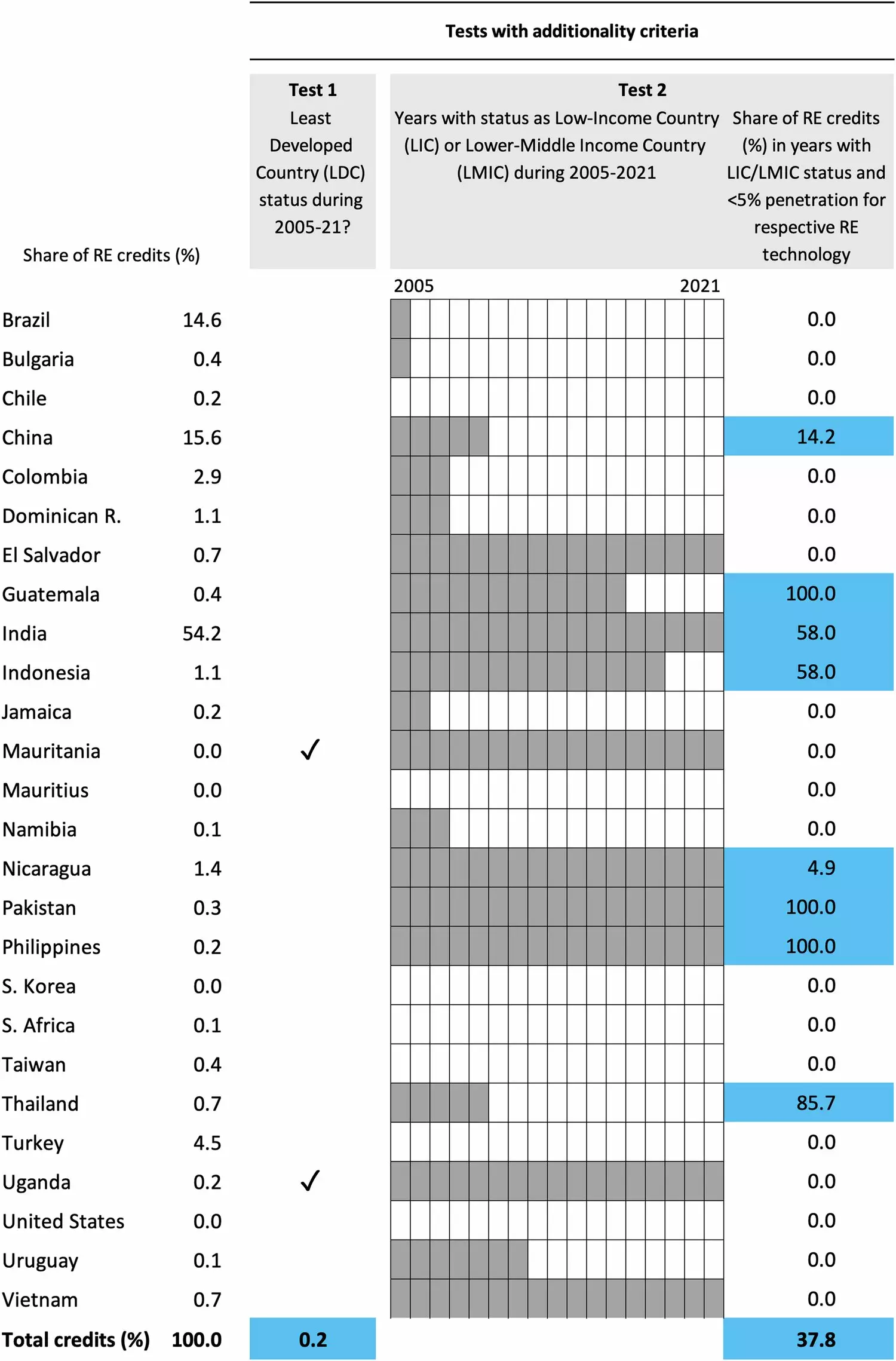In an era where environmental responsibility is paramount, numerous corporations proudly declare their commitment to carbon reduction or even carbon neutrality. However, a recent study published in Nature Communications by researchers from Kyoto University raises significant doubts about these claims. By analyzing the practices of 20 major companies actively participating in the voluntary carbon market (VCM) over the past four years, the research highlights a troubling trend: many of these corporations rely heavily on low-quality, low-cost carbon credits that cannot genuinely substantiate their assertions of environmental stewardship.
The study underscores a critical issue—the reliability of carbon offsets varies greatly, and many that enter the VCM lack the quality necessary to ensure real emissions reductions. Lead researcher Gregory Trencher notes that a substantial portion of the offsets retired by these corporations failed to meet established quality standards. This revelation is especially troubling as it casts a long shadow over the integrity of the VCM, which should ideally function as a credible means for businesses to mitigate their carbon footprints.
The voluntary carbon market is intended to facilitate genuine contributions toward global emission reductions, yet the findings suggest that the quality of many offset projects is questionable at best. The majority of offsets purchased by the companies stem from projects initiated over a decade ago, meaning that rather than investing in new initiatives that could potentially drive real environmental change, these corporations are merely seeking the cheapest options available in the market.
The implications of this study are far-reaching, particularly as nearly all of the analyzed companies have set net-zero targets and marketed themselves as climate-neutral. This raises the important question of corporate accountability in their environmental commitments. By targeting inexpensive offsets, these corporations may be engaging in what is widely recognized as “greenwashing,” a practice that undermines genuine efforts to combat climate change. Rather than fostering substantial advancements in sustainable practices, their actions signify a reluctance to adopt substantive changes necessary for meaningful emission reductions.
The study’s findings point to a critical aspect of the carbon market’s challenges—demand-side dynamics. It is not merely a supply issue; instead, the purchasing behavior of these companies exacerbates the problem. By prioritizing cost over quality, corporations are perpetuating a cycle where low-quality offsets dominate the market, raising questions about the effectiveness of voluntary initiatives. If companies continue to prioritize financial savings over impactful environmental outcomes, the efforts to alleviate climate change through voluntary outlets may prove futile.
Trencher’s concluding remarks emphasize that existing practices in the VCM cannot adequately replace robust government policies designed to encourage sincere changes in energy consumption, supply chain management, and overall business models of large emitters. This critique serves as a clarion call for the establishment of more stringent regulations and oversight to ensure that companies not only claim to be environmentally responsible but also follow through with actual, effective measures. In short, while the intentions behind carbon offsets may be noble, the current execution warrants a reevaluation to advance genuine progress in addressing the climate crisis.

